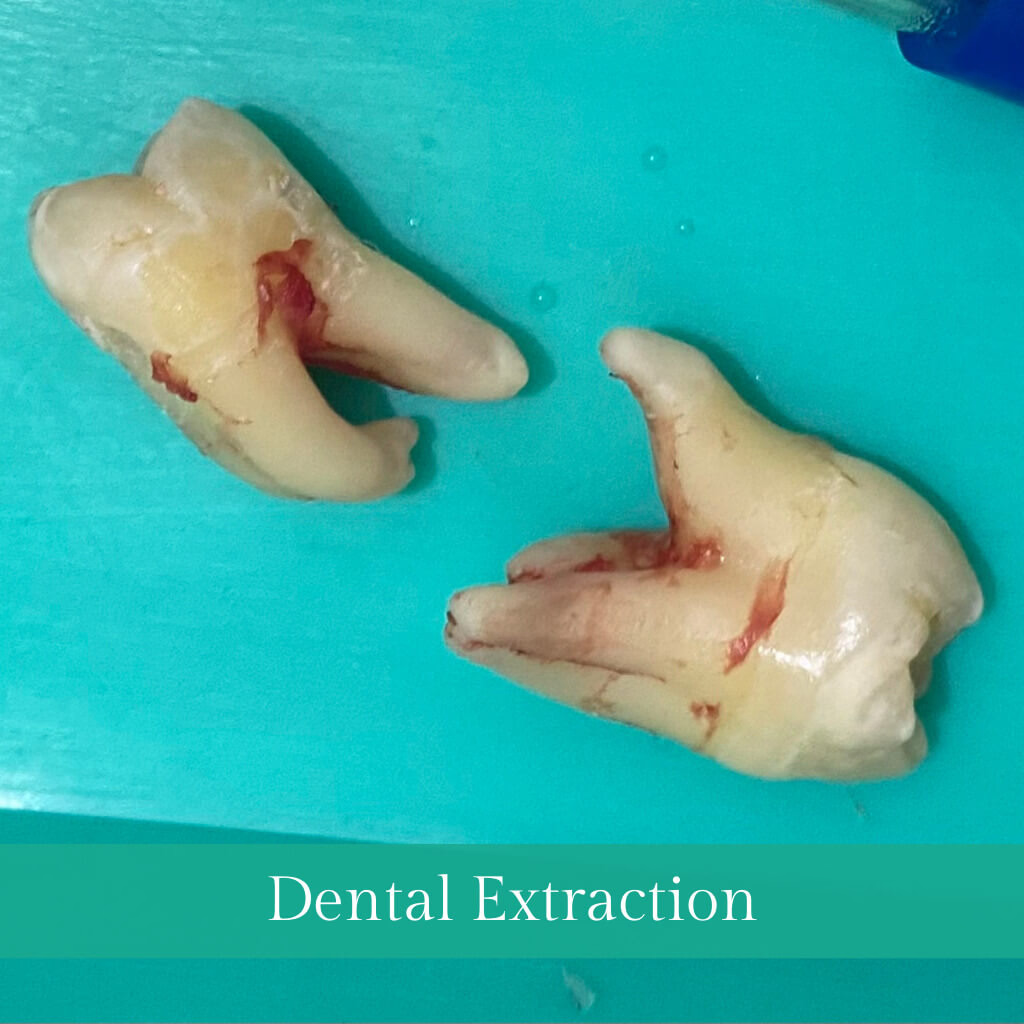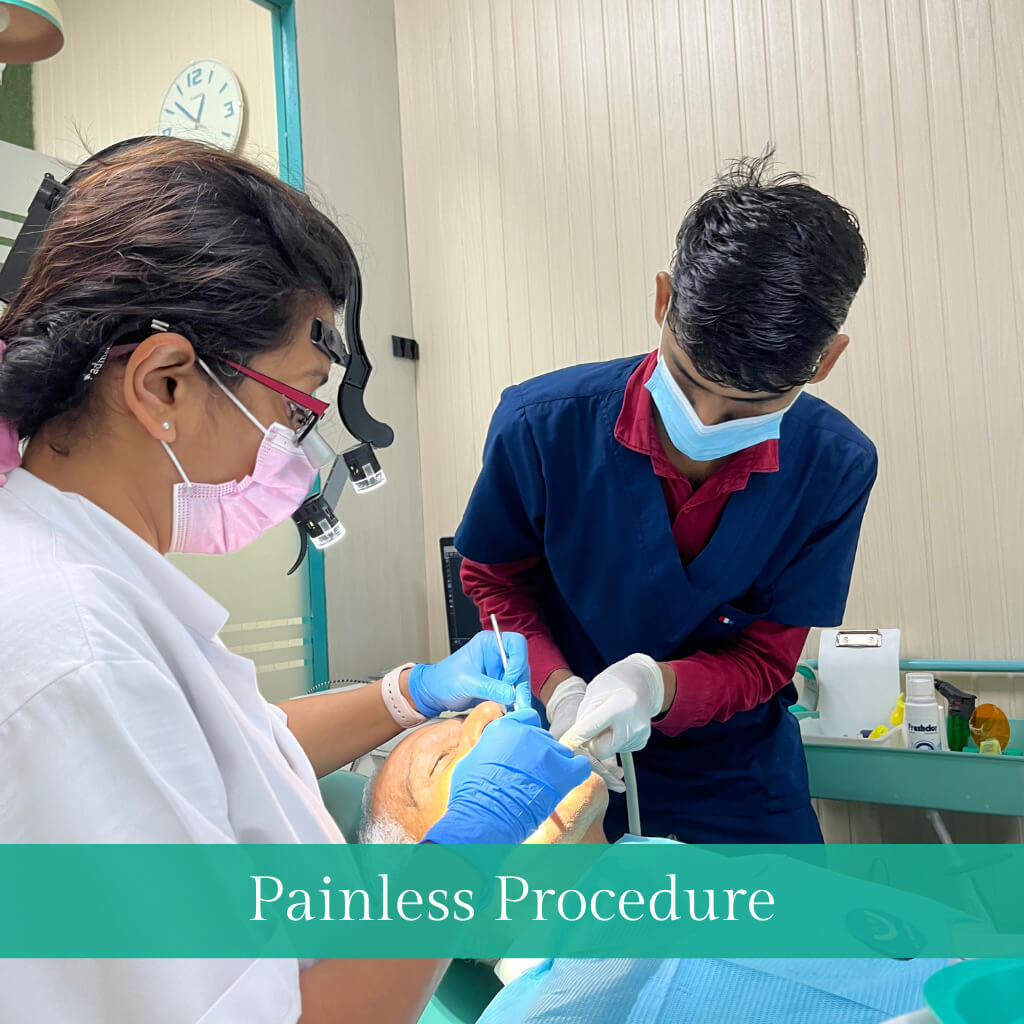5 Must-Dos to Ease Your Recovery After Wisdom Tooth Removal
Painful, pestering, and pesky - wisdom teeth can be a real problem. Extraction of wisdom teeth is a standard dental procedure that many people undergo at some stage in their lives. While it is a routine operation, the recovery process can be uncomfortable.
To help you navigate this healing period more smoothly, here are 5 tips to help ease your recovery after wisdom tooth removal.
So, take a deep breath and let's get started.
Key Takeaways
- To alleviate discomfort and reduce swelling, use a cold compress.
- Sleep with your head elevated to promote pain relief
- Take precautions to prevent dry sockets, such as avoiding activities that could dislodge the blood clot.
- Rinsing with warm salt water to assist the healing process
- Follow a soft-food diet and avoid smoking and alcohol to aid in recovery and minimize complications
Apply A Cold Compress
One of the immediate concerns following wisdom tooth extraction is swelling. Swelling can cause discomfort and pain in the surgical area. To minimize swelling and alleviate the discomfort, it's advisable to apply a cold compress to your cheeks for the first 24 hours after the procedure.
Be sure to use a clean cloth or wrap an ice pack in a towel. Apply for 15-20 minutes and rest the skin between applications. This can help reduce inflammation and enhance your comfort during the initial stages of recovery.
This cold compress also helps with controlling the bleeding from the fresh extraction site.
Sleep With Your Head Elevated
Sleeping with your head elevated is another crucial step in ensuring a smoother recovery process. This elevated position will help reduce the chances of excess blood flow to the surgical site, which can exacerbate swelling and pain. Adequate rest is essential for healing, so ensuring you're comfortable during sleep is paramount.
There are several methods you can employ to ensure you sleep with your head elevated effectively:
- Extra Pillows: The simplest way to elevate your head is by using extra pillows. Stack them to create a comfortable incline. This method allows you to control the elevation and find the angle that works best for you.
- Wedge Pillows: Special wedge-shaped pillows are designed for this purpose. They offer consistent elevation and support, ensuring you maintain the correct position throughout the night.
- Recliner Chair: Some people find sleeping in a recliner chair more comfortable during the initial days of recovery. The chair's natural incline can provide optimal head elevation.
Be Cautious About Dry Socket
Dry socket is a condition that typically arises a few days after a tooth extraction, particularly after the removal of wisdom teeth. It occurs when the blood clot that naturally forms in the empty tooth socket is dislodged, dissolves too early, or fails to develop properly. This exposes the underlying nerves and bone, causing severe pain and complications. Symptoms include pain that begins a few days after surgery and radiates to your ear and neck, a bad taste in your mouth, and bad breath. If you experience any of these, contact your dentist right away.
Here are some tips to help prevent dry sockets:
- Avoid Suction: Steer clear of activities that involve strong suction, such as using straws or smoking, as they can dislodge the clot.
- Gentle Oral Hygiene: Continue to brush your teeth, but be extremely gentle around the surgical area to avoid dislodging the clot.
- Adhere to Post-Op Instructions: Your oral surgeon will provide specific post-operative instructions. Strictly follow these guidelines to minimize the risk of dry sockets.
- Warm salt water rinse: To maintain cleanliness and decrease inflammation, gently rinse your mouth with warm salt water multiple times a day.
Stick To a Soft-Food Diet
A soft-food diet is recommended after wisdom tooth removal because it allows your surgical sites to heal more effectively and reduces the chances of complications. Here are some reasons why it's crucial:
- Minimizes Irritation: Hard or crunchy foods can irritate the surgical sites, potentially leading to bleeding or infection. A soft-food diet minimizes this risk, ensuring a smoother healing process.
- Promotes Healing: Soft foods are gentle on your gums, making it easier for your body to repair and regenerate tissue, which is essential for a speedy recovery.
- Prevents Damage: Chewing on hard foods can lead to pressure on the surgical area, potentially dislodging blood clots and slowing down the healing process.
While you're on a soft-food diet, it's equally important to know what to avoid. Steer clear of hard, crunchy, or spicy foods, as they can irritate your surgical sites. Additionally, foods with small seeds or nuts should be avoided to prevent particles from getting lodged in the extraction sites.
Avoid Smoking and Alcohol
Both alcohol and smoking habits have the potential to severely hinder the healing process, elevate the risk of complications, and prolong discomfort. To safeguard your well-being, it is imperative to diligently follow your dentist's post-operative instructions, which typically include stringent recommendations to abstain from smoking and alcohol throughout the recovery period.
By adhering to these guidelines, you empower your body to heal effectively and efficiently, minimizing discomfort and mitigating complications. Here are 5 compelling reasons to abstain:
- Drug interactions: After a surgical procedure, your oral surgeon may prescribe you certain medicines, such as analgesics and antibiotics, to make your recovery smooth and uneventful. Alcohol is known to interact with these drugs and can lead to adverse side effects.
- Reducing Swelling and Inflammation: Both substances can exacerbate post-operative swelling and discomfort, thereby impeding the healing process.
- Boosting Immune Response: Avoiding alcohol and smoking helps your body better ward off potential infections and complications.
- Pain and Discomfort Management: These substances can heighten pain sensitivity, underscoring the importance of abstaining for a more comfortable recovery.
- Expediting Healing: By refraining from alcohol and smoking, you contribute to a quicker and more effective healing process, ultimately shortening the recovery period.
Should you experience any post-operative pain or discomfort, seeking prompt guidance from your dentist is the wisest course of action.
FAQ’s
Conclusion
In conclusion, prioritizing your post-wisdom tooth removal recovery is essential for a smoother healing process. By following these five must-dos, you can ensure a more comfortable and efficient recuperation period. Moreover, arranging periodic follow-up appointments with the experts at Hope Dental & Esthetic Clinic, Noida, can offer tailored guidance and assistance during your recuperation process.
Following these measures will not only facilitate the healing process but also minimize the chances of complications, enabling you to swiftly resume your regular activities with enhanced oral health and overall well-being!




